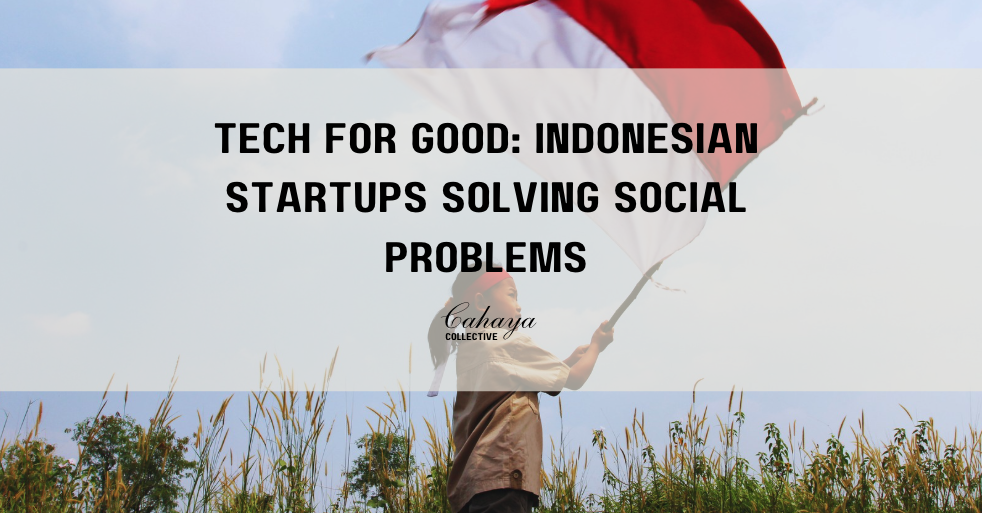
The Creative Economy: Tapping Into Indonesia’s Digital Nomad Culture
Indonesia, renowned for its breathtaking landscapes and rich cultural heritage, is rapidly transforming into a thriving hub for digital nomads and creative professionals. The country’s strategic embrace of the digital economy, coupled with its vibrant lifestyle, makes it an attractive destination for remote workers seeking inspiration and innovation. This article delves into how Indonesia is fostering a digital nomad culture, the government's approach to supporting this trend, and the importance of respecting local customs and traditions.
The Rise of Indonesia as a Digital Nomad Hub
A Paradise for Remote Professionals
From the serene beaches of Bali to the bustling streets of Jakarta, Indonesia offers a diverse array of environments that cater to digital nomads. The country's low cost of living, tropical climate, and welcoming community make it an ideal destination for remote work. Co-working spaces like Hubud in Ubud and GoWork in Jakarta provide state-of-the-art facilities, fostering collaboration and networking among creatives and entrepreneurs.
A Growing Creative Economy
Indonesia's creative economy is burgeoning, with sectors like fashion, music, film, and digital media experiencing rapid growth. According to the Indonesian Creative Economy Agency (BEKRAF), the creative economy contributes significantly to the nation’s GDP, highlighting the sector's potential to drive economic development and innovation.
Government Initiatives to Attract Digital Nomads
The "Second Home" Visa
Recognising the potential of digital nomads to contribute to the economy, the Indonesian government has introduced initiatives to make the country more accessible to remote workers. One such initiative is the "Second Home" visa, which allows digital nomads to stay in Indonesia for an extended period while working remotely. This visa aims to attract high-skilled professionals who can contribute to the local economy and share their expertise.
Supportive Policies and Infrastructure
In addition to the "Second Home" visa, the government has invested in improving digital infrastructure to support remote work. High-speed internet is becoming more accessible across major cities and tourist destinations, ensuring that digital nomads can work efficiently. Policies that promote ease of doing business and digital innovation are also enhancing Indonesia’s appeal as a remote work destination.
Embracing Local Culture and Customs
Respecting Traditions and Communities
While Indonesia welcomes digital nomads, it is essential for visitors to respect local customs and traditions. The country’s rich cultural heritage is a source of pride, and understanding and appreciating this is crucial for fostering positive relationships between nomads and local communities. Engaging with local culture not only enriches the nomad experience but also ensures that their presence contributes positively to the community.
Sustainable and Responsible Tourism
Indonesia is committed to promoting sustainable tourism that benefits both visitors and locals. Digital nomads are encouraged to participate in eco-friendly practices and support local businesses. By doing so, they can help preserve Indonesia's natural beauty and cultural integrity while contributing to the nation's economic growth.
Building Competitiveness through the Creative Economy
A Global Hub for Innovation
Indonesia's embrace of the digital nomad culture is part of a broader strategy to enhance its global competitiveness. By fostering a creative economy, the country is positioning itself as a hub for innovation and talent. Initiatives like the Creative Economy 4.0 Roadmap aim to integrate digital technology into creative industries, driving growth and creating new opportunities for both local and international professionals.
Collaboration and Knowledge Exchange
The influx of digital nomads brings opportunities for collaboration and knowledge exchange. Local entrepreneurs and businesses can benefit from the expertise and global perspectives that nomads bring, fostering a dynamic and innovative ecosystem. This exchange of ideas and skills is crucial for driving the creative economy forward and ensuring sustainable growth.
Conclusion: A Bright Future for Digital Nomads in Indonesia
Indonesia’s evolution into a hotspot for digital nomads is a testament to its vibrant culture, supportive policies, and commitment to innovation. By embracing the digital nomad culture while ensuring respect for local customs, Indonesia is paving the way for a thriving creative economy that benefits all stakeholders. As the nation continues to build its competitiveness, digital nomads have a unique opportunity to be part of this exciting journey, contributing to Indonesia’s growth and reaping the rewards of a truly inspiring environment.


